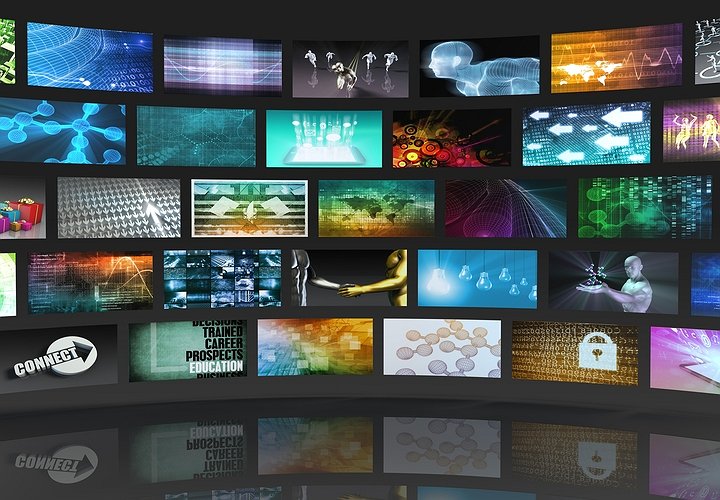 With platform expansion, shifting viewer patterns and an
overabundance of available content in various forms and lengths, one
could be forgiven for thinking that linear TV is at grave risk or at
least due for a major shift in its business model. The future of TV in
its many forms was the focus of discussion during the always frenetic
Television Week series of conferences. I attended several of them.
Read on for the primary takeaways.
With platform expansion, shifting viewer patterns and an
overabundance of available content in various forms and lengths, one
could be forgiven for thinking that linear TV is at grave risk or at
least due for a major shift in its business model. The future of TV in
its many forms was the focus of discussion during the always frenetic
Television Week series of conferences. I attended several of them.
Read on for the primary takeaways.For the average consumer, there has never been a better time to be a fan of video. There is an embarrassment of riches that can be accessed through a myriad of portals and services. The challenge though, according to Richard Au, Head of Content Acquisition, Amazon Channels, is "how do you find what you like and discover new content?"
Enter the FAANG (Facebook, Amazon, Apple, Netflix and Google) companies, which are quickly developing an enviable range of video content that is increasingly matched with easy-to-access ad tech for advertisers. Data plays a huge role not only in the ad tech but also in content curation. Amazon, for example, has developed algorithms that take a look at the content choices of other people who watch similar content. "We also note what you subscribe to and create a personalized experience and editorial for any new content coming up," Au explained.
Great New Media Challenges … and How to Overcome Them
The advancements of FAANG have created stress on the legacy business model. David Levy, Executive Vice President Non-Linear Revenue, Fox and Aaron Radin, Senior Vice President Partnerships and Portfolio Products, NBCUniversal, weighed in on the broadcast television model. "The future of TV buying is to enable audience-based buying at scale through efficient automated platforms," Levy said. "We need to introduce new measurement solutions beyond cost and reach that properly value attention."
To that end, competitors such as Fox and NBCU have to begin to work together to forge these protocol solutions and build pipelines. "The keys to success are automation, APIs, data, scalable ad products, markets and measurement," Radin explained. This needs to be accomplished in an accredited, industry-based manner. Cross platform solutions are pivotal. "Google and Netflix have great automated buying options to buy at scale across platforms," he added. "We need to find ways to present all of our inventory, across all platforms, converging our inventory and enabling transactions."
The legacy model of advertising will be tough to change. "How do we take 16 minutes of ads in a program and place it in an environment that has fewer ads?" Levy asked. "We need to get a lot better at measurements including attention, where they are in the funnel, the quality of attention and any change in perception. If we are just measuring cost and reach we have no chance."
Great Unknowns
As cooperative as the legacy media players might become, there are still the unknowns that can negatively impact the business. Jeffrey Weber, Chief Executive Officer, ZoneTV noted that we are in this in-between time where new aggregation models for content and channel choice haven't yet settled into an industry standard. Its hard for consumers to find content that they may like. Weber believes that operators need to harness the power of the electronic programming guide and help viewers locate the right content at the right time.
Lance Neuhauser, Chief Executive Officer, 4C, said it is important to make the most of every data set. He stated that, "Social is the largest set of anthropological information now available," he said. "It is the largest focus group." He sees that consumers are using ad breaks to engage in social media or texting. "We need to start from the future and work our way back, and recognize that consumers no longer need to watch ads," he advised. "They can fast-forward, subscribe, pick up their phones, etc." Linear TV is playing catch up -- and it will be slow. "You have linear trying to change with 50 years of infrastructure," he added.
Great Advice
The best advice, which was repeated throughout the day, was that businesses need to focus on the viewer and not on the platform. Re-focusing on the end user can enable a more flexible and successful business model that reinforces a strong future for television.
This article first appeared in www.MediaVillage.com
No comments:
Post a Comment